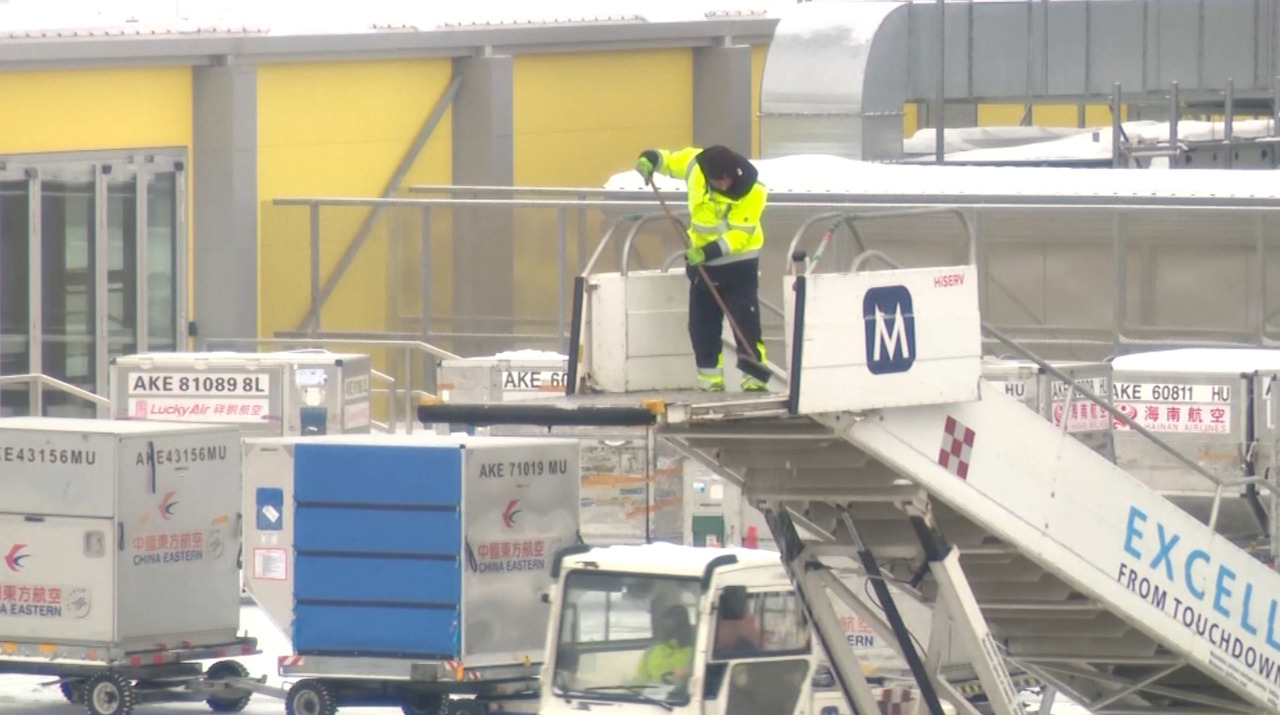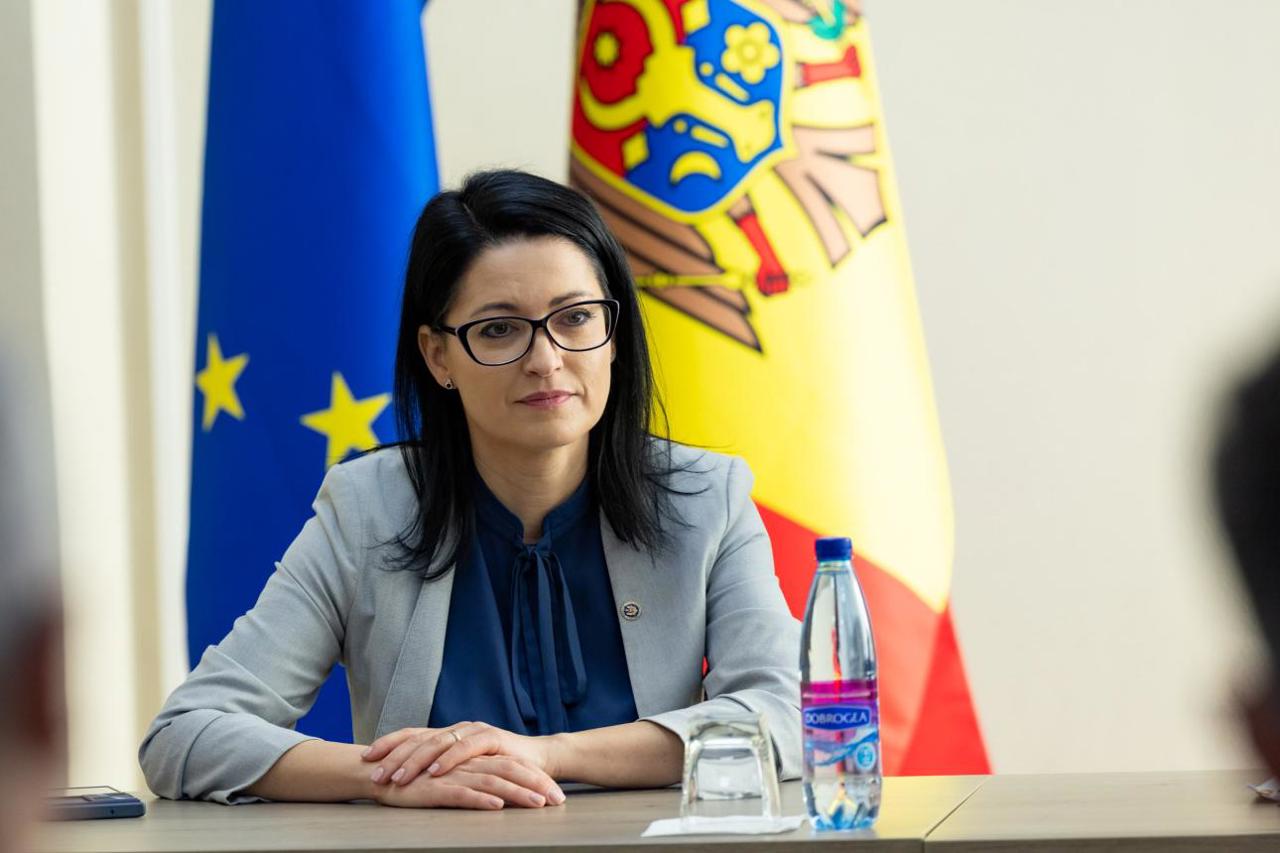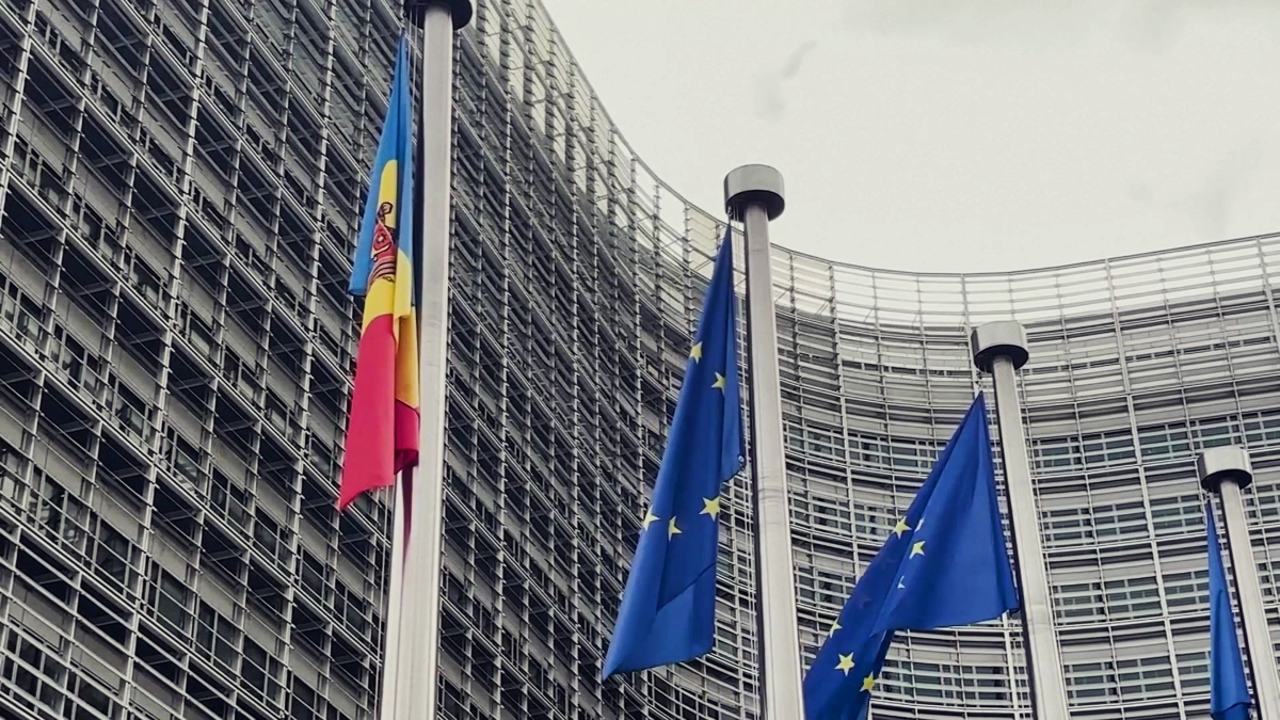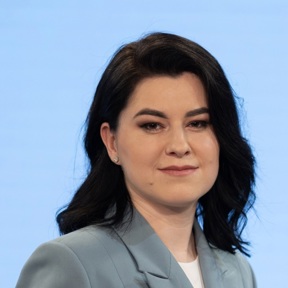Greener tomorrow: Moldova's waste bill seeds a circular economy
A new chapter in Moldova's environmental journey unfolds as Parliament greenlights a transformative bill aimed at revamping the nation's waste management system.
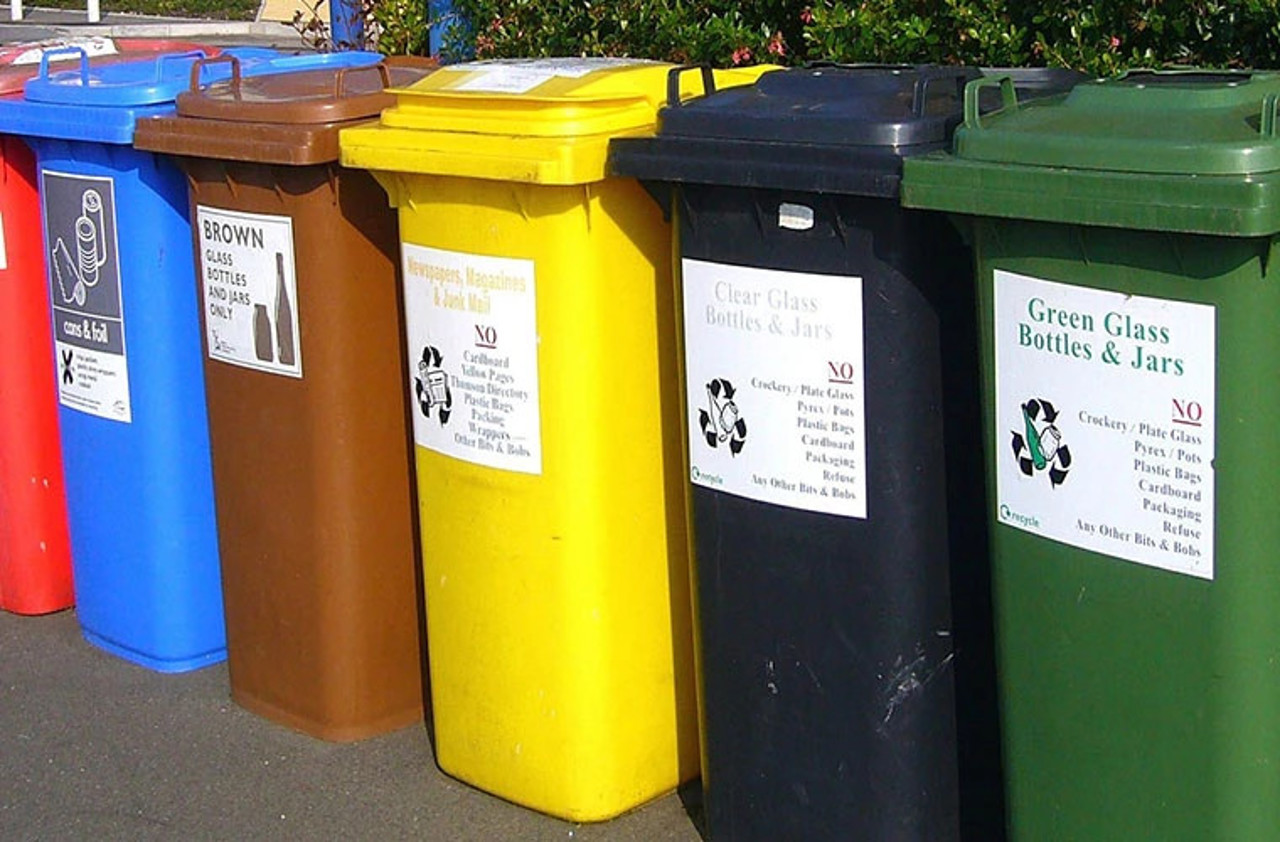
This legislation, passed in its first reading, signals a bold commitment to tackling the country's waste woes and embracing a more sustainable future.
"Municipal waste poses a significant challenge for Moldova, accounting for roughly 70% of the total waste generated," asserts Grigore Stratulat, Secretary of State for the Environment. He underscores the critical need for a paradigm shift: "We must move beyond traditional waste management and embrace sustainable resource management to protect our environment and safeguard public health."
The bill spearheads two key initiatives:
Supercharging Recycling: Currently lagging behind international standards, Moldova's recycling rate for packaging materials stands at a mere 10%. This new legislation sets ambitious targets, aiming to propel the rate to 10-15% for packaging materials. A key driver is the "deposit mechanism," where consumers pay a small deposit on certain products, refundable upon returning the empty packaging.
Implementing Separate Waste Collection: The bill mandates the establishment of a comprehensive system for segregating different waste streams, including glass, paper, plastic, and organic matter. This will facilitate efficient sorting and recycling, reducing landfill burden and promoting resource recovery.
Ina Coșeru, Vice-Chair of the Parliamentary Commission for Environment, Climate and Green Transition, expresses optimism about the bill's potential impact: "This collective management system for packaging waste will be a game-changer for our environment, benefiting both citizens and businesses." She emphasises the cost-effectiveness of the deposit mechanism, highlighting its minimal burden on both businesses and consumers.
The bill's passage marks a pivotal moment in Moldova's environmental odyssey. While public consultations continue next week, the first reading signals a resolute commitment to tackling waste challenges and embracing circular economy principles.
Translation by Iurie Tataru

